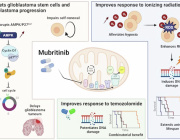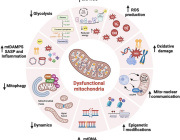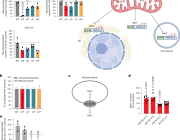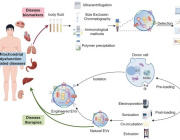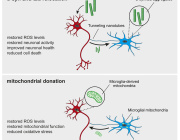
Mitochondria and Creatine: Perspectives and Strategies
Summary
Metabolites are not merely passive by-products of cellular activity. They play active roles in signaling, epigenetic regulation, and the modulation of proteins. With the advent of high-throughput metabolomics, a growing number of metabolites have been associated with insulin resistance and type 2 diabetes. However, whether these metabolites are causative drivers or merely reflective markers of metabolic dysfunction remains a critical question. Dr. Rizo Roca's research seeks to identify specific metabolites that contribute to the pathophysiology of insulin resistance and type 2 diabetes. Among them, circulating creatine has emerged as a candidate biomarker associated with increased diabetes risk. Given that mitochondria serve as a central hub for numerous metabolic pathways, including those involved in creatine metabolism, understanding this relationship is crucial.
In this talk, Dr. Rizo Roca will explore whether alterations in creatine levels and the molecular machinery responsible for creatine metabolism contribute to impaired mitochondrial function and insulin sensitivity. By combining metabolomics with functional and mechanistic approaches, his work aims to shed light on how shifts in specific metabolic pathways may drive early stages of metabolic disease.
Biography
David Rizo Roca is an Assistant Professor in the Department of Physiology and Pharmacology at Karolinska Institutet. He completed his PhD in exercise and altitude physiology at the University of Barcelona. During his postdoctoral training at the University of Porto, he specialized in mitochondrial physiology in the context of metabolic dysfunction. Since joining Karolinska Institutet in 2019, his research has focused on the role of metabolites in energy metabolism and mitochondrial function in type 2 diabetes.




















